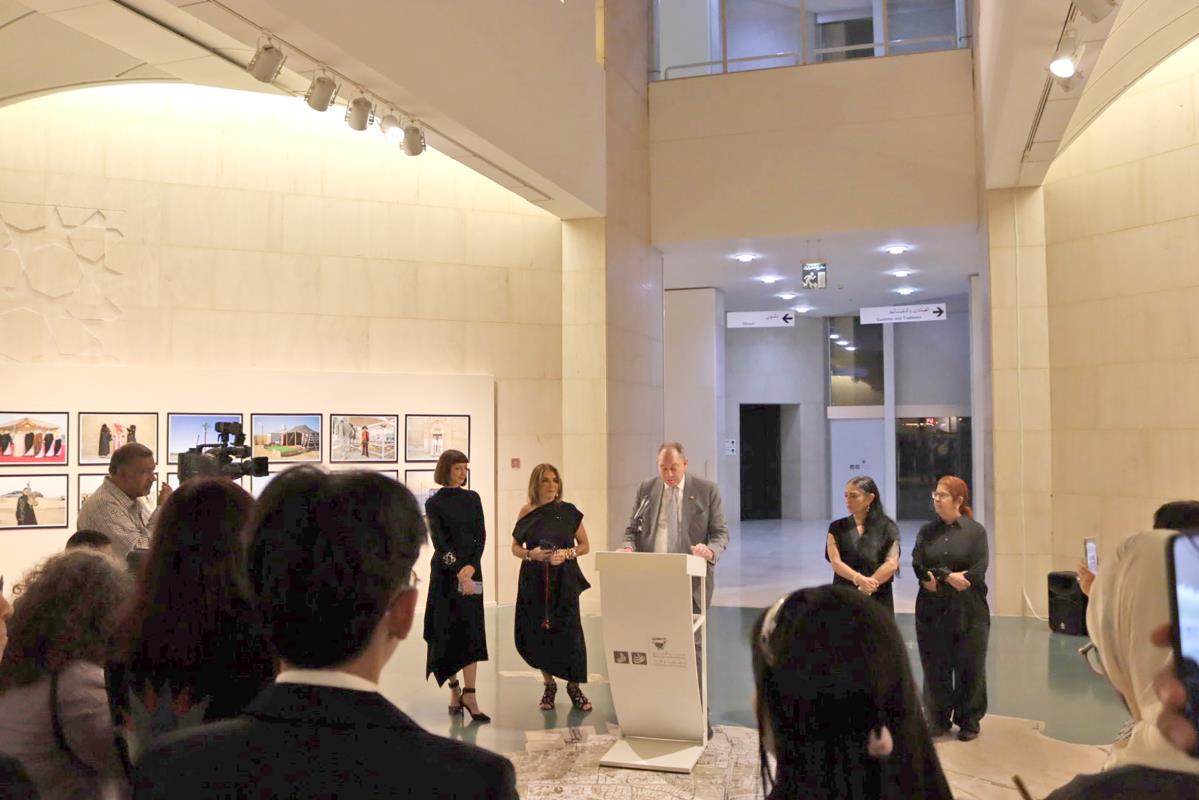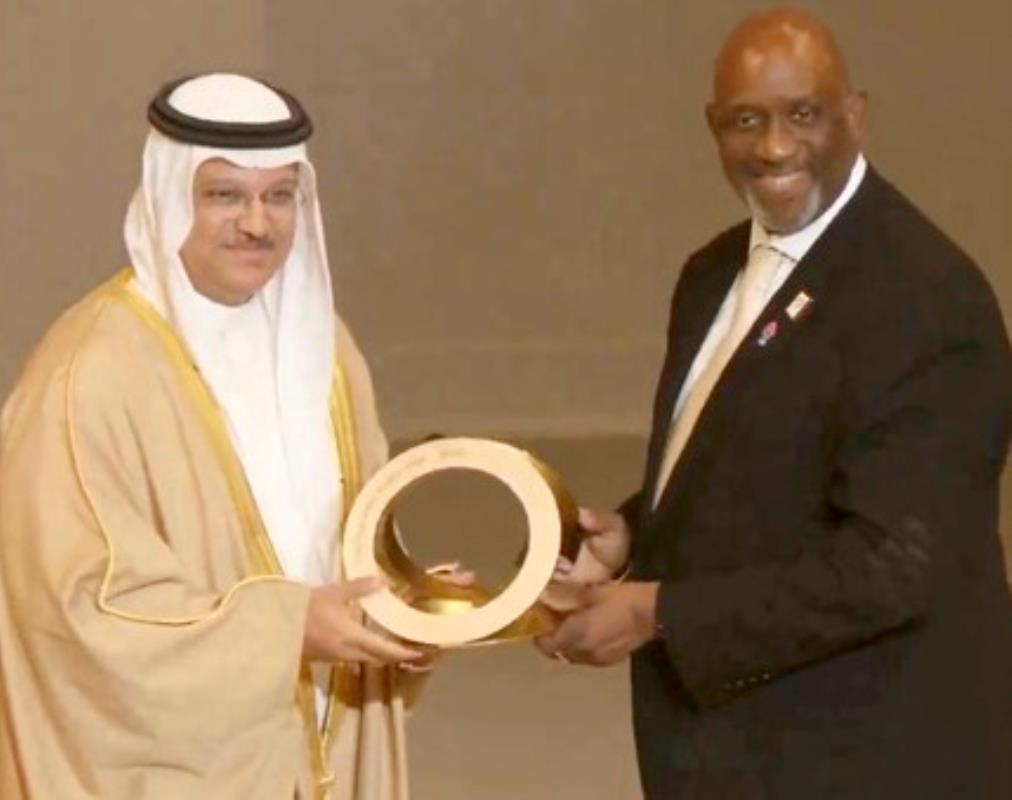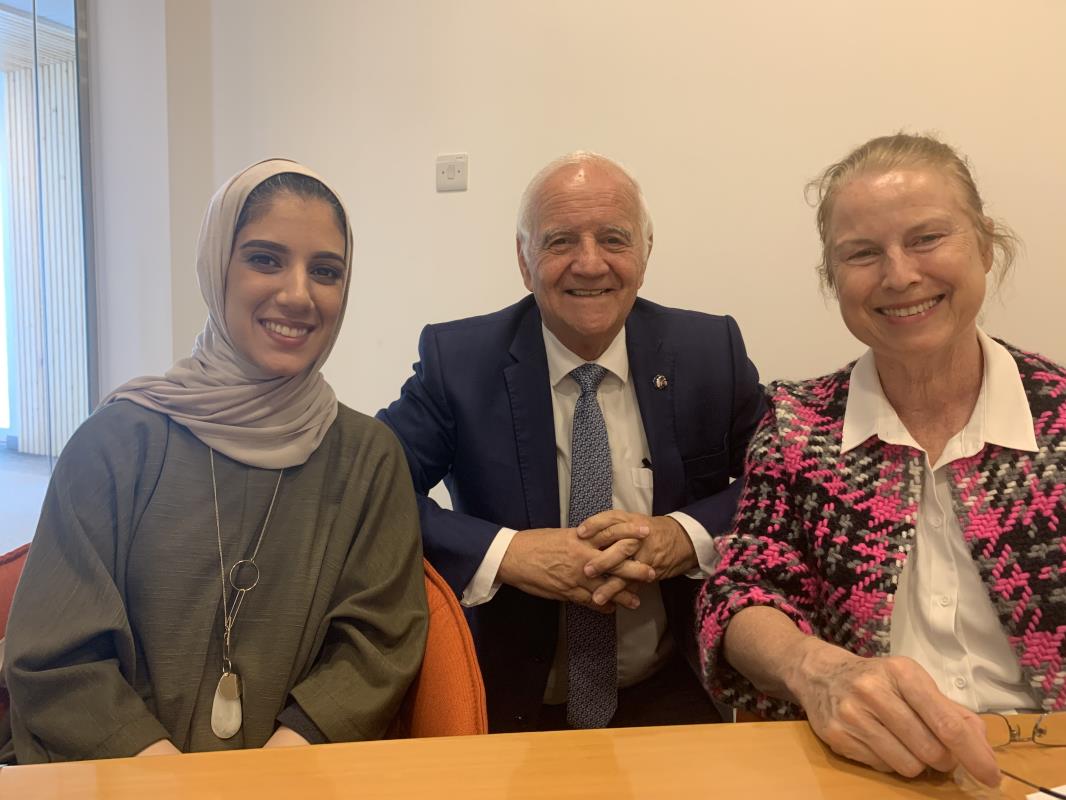
What is Physics? Do you enjoy physics? Do you intend to have a career in physics? These are pertinent reflective questions which I ask my students on the first day of class. Most commonly, I hear excited, motivated voices stating their love for physics as it informs them “how things around us work such as light and mirrors, magnets, the fridge and electrical wiring in the house.” I also hear voices loaded with fear, anxiety and frustration stating their hate for physics as it deals with complicated equations which they do not understand. The students intend to become teachers and many of them are looking forward to teaching physics. The striking observation is that an overwhelming majority of the positive responses are from female students. Ah! Perhaps the myth that female students fear physics is busted! In fact, research has shown that there is no link between gender and physics anxiety [1].
I studied physics as an undergraduate and Physics Education at graduate level in the Western world. At that time, I was one of the rare female students in a physics class. Even the female physics faculty was practically non-existent. Prior to joining Bahrain Teachers College, my work experience spanned two countries, South Africa and USA where I made one common observation. The number of students enrolled in physics courses is dwindling. Most importantly, fewer female students are showing enthusiasm to study physics and have a career in physics or teach physics. This contrasting observation between my experience in the Western world and right now at Bahrain Teachers College raises a key question in my mind: Why is this difference in enthusiasm towards physics?
I believe my anecdotal observations and questions are explained after reading the research article, "Effect of culture on women physicists career choice: A comparison of Muslim majority countries and the West" [2]. In sum, the study mentions differences in cultural norms as a possible reason for the underrepresentation of women in physics in the Western world but their high representation in Muslim majority countries. The authors accentuated the role of family, parents in supporting their daughters’ education, modesty and viewing physics as a discipline which can help humanity and bring advancement in a country.
History has witnessed the contributions of women in physics. Till date, three women have won the Nobel prize for physics, namely Marie Curie, Maria Goeppert-Mayer and more recently Donna Strickland. My experience at Bahrain Teachers College has allowed me to find out that many of the female students here can make a difference either as physicists or as physics educators. They have lots of potential to excel in the physics domain and be a role model in society. Further, as educators they have the ability to effectively impart their knowledge and expertise to others.
About the author: Dr. Bashirah Ibrahim is an Assistant Professor in the Department of Math, Science and ICT at Bahrain Teachers College, University of Bahrain.
References:
[1] The Role of Students’ Gender and Anxiety in Physics Performance (2017), Elise Agra, Susan M. Fischer and Sian L. Beilock. Article retrieved from DOI:10.1119/perc.2017.pr.001
[2] Effect of culture on women physicists’ career choice: A comparison of Muslim majority countries and the West (2021), Saeed Moshfeghyeganeh and Zahra Hazari. Article retrieved from DOI: 10.1103/PhysRevPhysEducRes.17.010114



















































